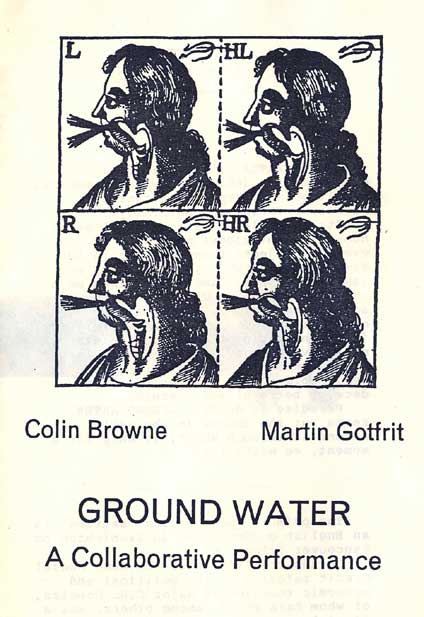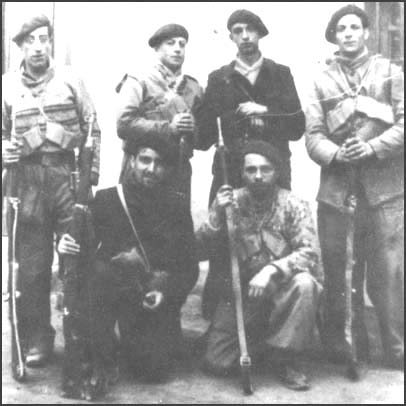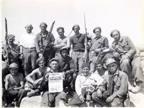
Ground Water (the performance) was created over several months as Colin Browne was completing the poem. We worked on each of the seven sections in turn, all the while building ambiances and sound effects and seeking archival recordings.
This work remains one of the most satisfying and transforming of my career. As a performer it was a challenge to play multiple parts on both keyboard and guitar/MIDI guitar. As a composer the rich and poignant images and compelling narratives were an endless source of inspiration. Colin is a most gracious and honest collaborator – this project propelled me further than I would have traveled if left to my own devices


Scored for DX7II (split keyboard, various pedals), Mirage sampler, Yamaha TX16W sampler, Ibanez MIDI/electric guitar, and multi-track cassette playback.
Ground Water was first performed at the Vancouver Art Gallery in April 1988, thanks to an invitation from Judith Mastai. Commissioned by the Canada Council, we were able to take the work to Toronto, Ottawa, Victoria and in July 1989 to the Hornby Island Festival for our last performance. The text was published by Talon Books in 2002
Original Program Notes by Colin Browne:
GROUND WATER is a collaborative meditation on inherited lyrical, musical and linguistic representations of paradise, facism and paternity. Its exoskeleton is a suite of seven non-representational portraits of everyday objects found or made in the same location, which, through use and familiarity over time, have taken on a luminous quality. These portraits or accretions evolved, during the compositional process, into a field for interpenetrating fragments of history, narrative, memory, melody, myth, lost news, landscape, the pastoral, elegy, lyric, old tunes, remembered voices, deceit, betrayal and yearning. Paradise as decoy. GROUND WATER seeks out the cracks in the walls around it through which, if only for a moment, we might flee.
The primary "geographical setting" is an English garden house in Saanichton on Vancouver Island. During the 1939-49's, the name Social Credit referred to the political and economic theories of Major C.H. Douglas, of whom Ezra Pound, among others, was a disciple. The party symbol was a green cross on a white ground.
THE PERFORMANCE
Music and text in GROUND WATER are performed live using voice and various electronic instruments. Taped sequences include processed "natural sounds"; Short Wave radio signals; railway yard FX; marching songs of the International Brigades during the Spanish Civil War (1936-39); fragments of popular tunes and newsreels and the processed declarations of the DICLOPAEDIA, the phrases of which are drawn from an English-French children's dictionary published in 1961. Other voices in the text include Hesiod (Theogony); Judges; The Koran; Virgil (Georgics, Eclogues); Tiberianus; Alan de Lille (Anticlaudianus); St. Boniface; Dante Alighieri (purgatorio, Paradiso); Thomas Hardy ("1967"); William Thompson; Hugh Mackenzie (Reminiscences); C.H. Douglas (The Use of Money); Federico Garc{a Lorca ("La Luna Asoma", "Romance de la Pena Negra", "Oda a Walt Whitman"); Buenaventura Durutti, anarchist leader killed at the Madrid front, Nov. 1936; Lt. Colonel Wolfram von Richthofen and Oberleutnant Harro Harder, Nazi Condor Legion pilots in Spain. And, piercing through, the cries of Orpheus.